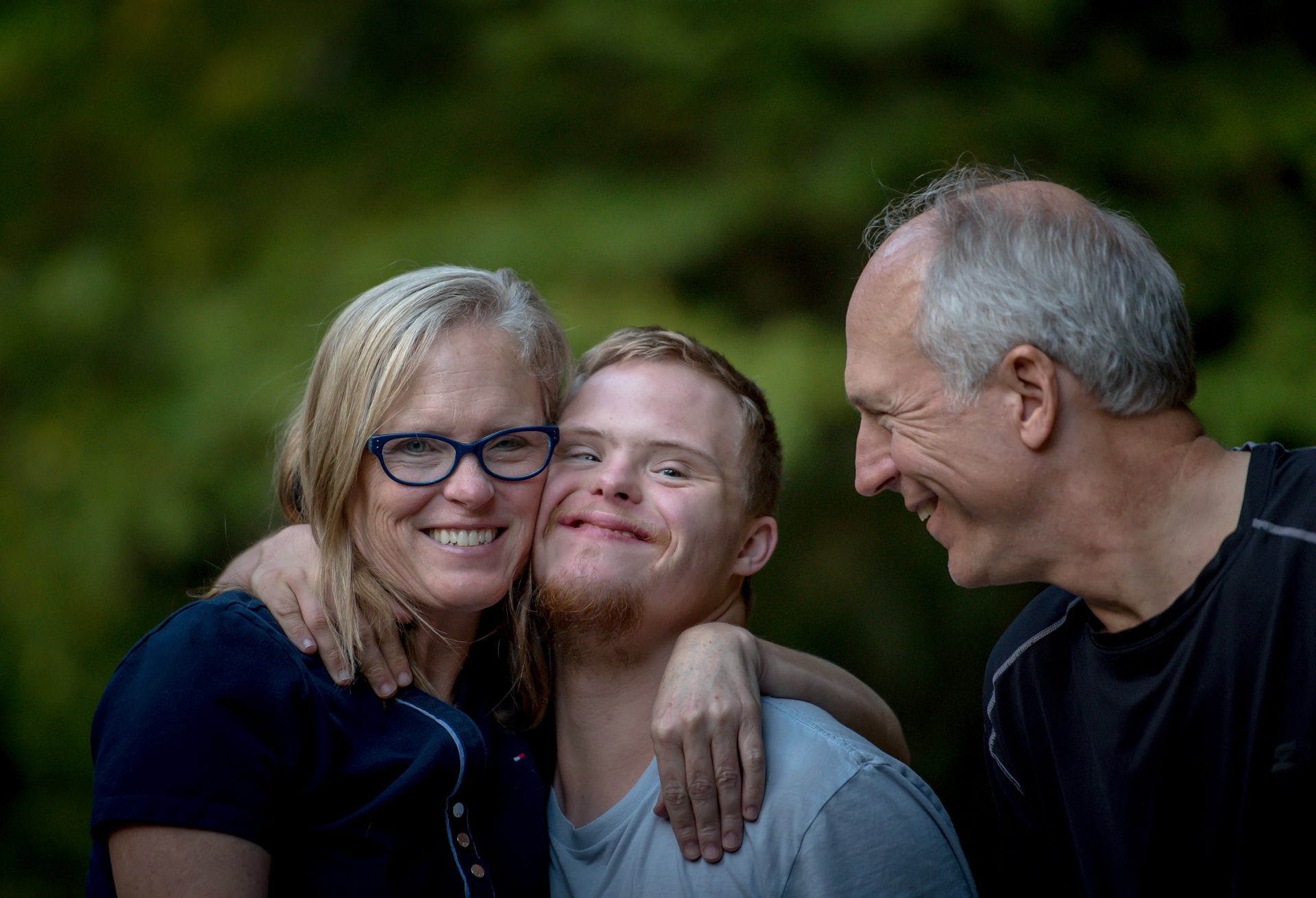One of the biggest fears that parents of disabled adults face is not knowing who will care for their children when they die. Parenting disabled adults is a life-long commitment. Safety measures are in place that allows parents to make legal and medical decisions for their adult children despite them being over the age of eighteen.
In some states, a conservatorship or guardianship is the legal means that parents have to give consent for medical treatment, housing authority, and helping their children access whatever they need. Protecting this legal authority is important. Without it there is no authority for giving consent and many disabled adults lack the cognition to give informed consent.
If you are the parent of a disabled adult child, you and your child will benefit from these tips:
Tip #1. Find a successor guardian – Naming a successor guardian is a simple legal task. Taking the initiative to name a successor guardian while you are alive will streamline the process and prevent a break in protection for your adult child. Often times a successor may be an adult sibling or a secondary relative though being related is not a requirement.
Tip #2. Access resources in your community – Many disabled adults have resources available to them such as regional centers. These resources may be able to help with accessing attorneys or other programs that can help protect and serve your adult disabled child.
Tip #3. Begin to think about housing – If your adult disabled child has been living with you, it may be time to explore options outside of your home. There are often group settings or shared housing options available or perhaps there are family members ready to assist. Making a plan before you need it will help make transitions smoother.
Tip #4. Encourage as much independence as possible – Your adult disabled child may have opportunities for employment or social activities through the Opportunity Center or other programs. Foster as much independence as possible while protecting and honoring their limitations. Helping your child be as independent as possible will serve them when you can not be there as their primary care provider.
Families supporting an adult disabled child face unique circumstances in long-range planning. Finding the right support system and getting things in place for when you are unable to manage their care will make things easier when the time comes.




